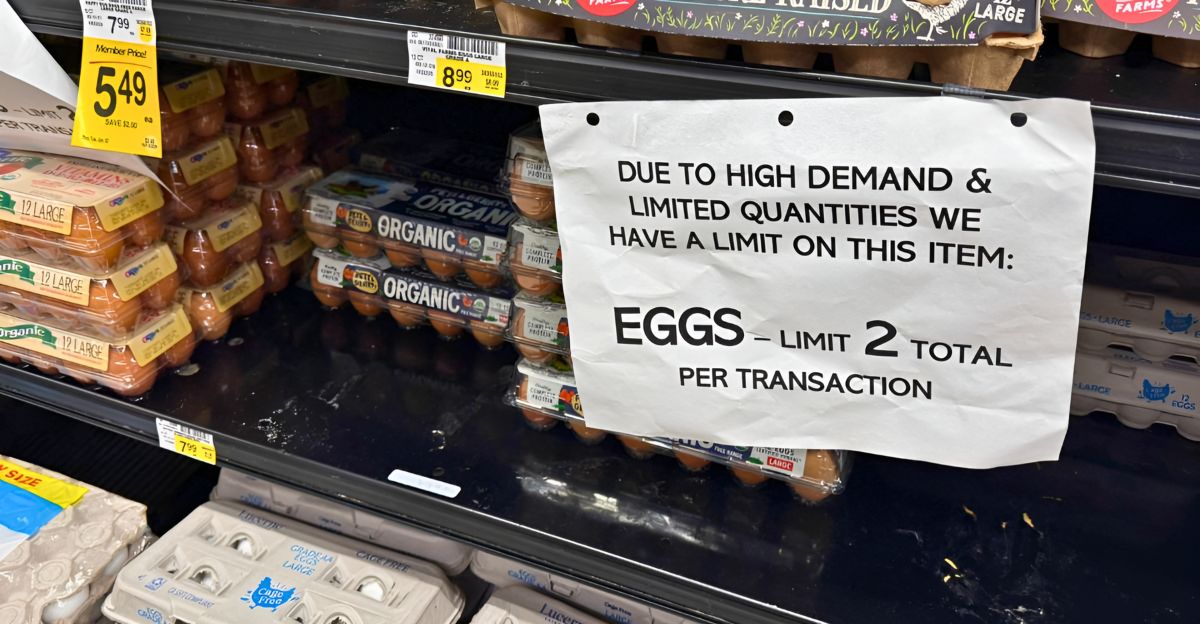
Hickman’s Family Farms is one of the biggest suppliers of eggs in Arizona and is among the top twenty in the United States. However, bird flu has been rampant within the business’s farms, with around 95% of its chickens succumbing to the virus.
Three of the four farms that Hickman’s Family Farms operates have been devastated, leading to the deaths of about six million birds. This has implications for their supply chains and the availability of eggs.
A Partial Shutdown
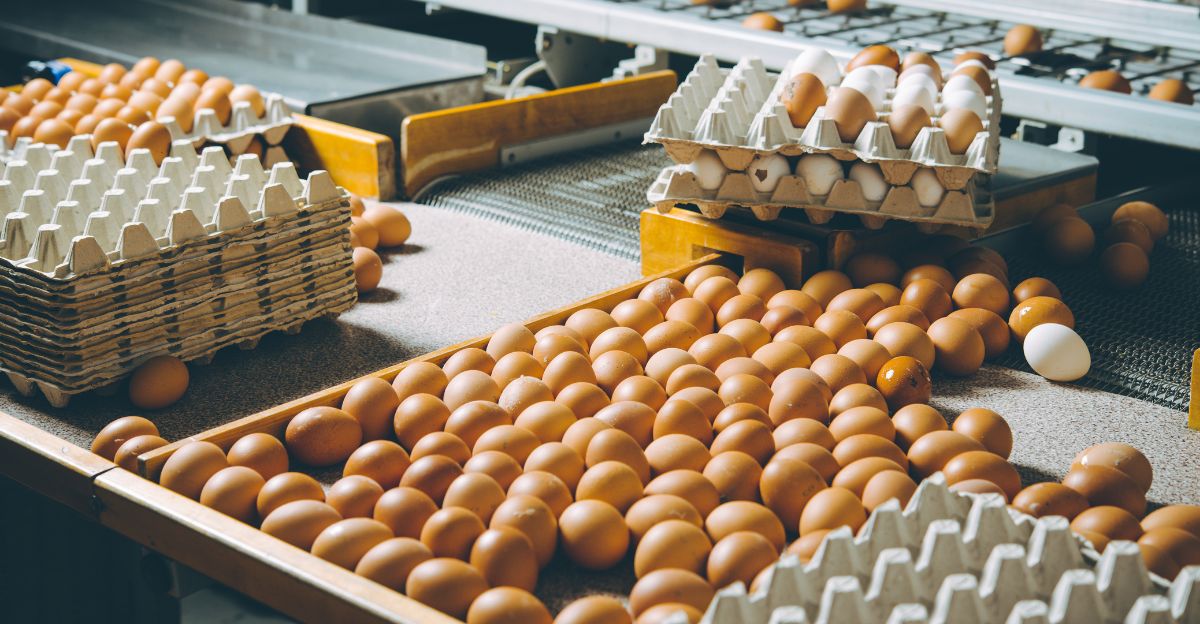
This bird flu outbreak has led to a partial shutdown, and with the business supplying 80% of eggs in Arizona, there is most likely going to be a huge egg shortage that will have ripple effects past the state’s borders. Even before the most recent disaster at Hickman’s farms, U.S. chicken flocks were well below demand, and the company had already lost over one million birds.
Avian flu quickly devastated the chicken population and egg supply, but it is estimated to take years to be able to bounce back. The virus spreads quickly and is extremely challenging to contain, being airborne and the company having ventilated farms.
Economic Impact
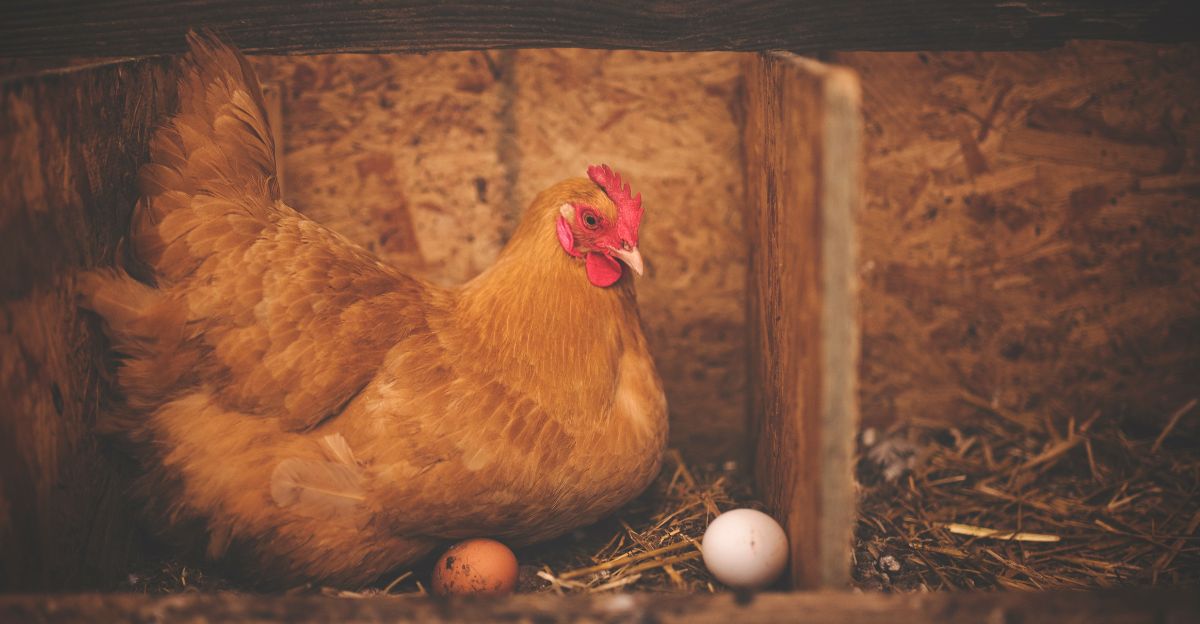
As the production of eggs becomes a shadow of what it used to be for Hickman’s Family Farms, there are implications not only for consumers but also for local jobs. There are around 850 workers at the farms, and mass layoffs could happen in the future.
This workforce is comprised of regular contract workers and inmates who get employed as part of a rehabilitation program, which is also expected to pause while the company faces this unprecedented crisis. There will also be an economic impact among local regions as supply chains become disrupted and many jobs are reliant on the company, including transporters, suppliers, and retailers.
Effect On Supply And Cost
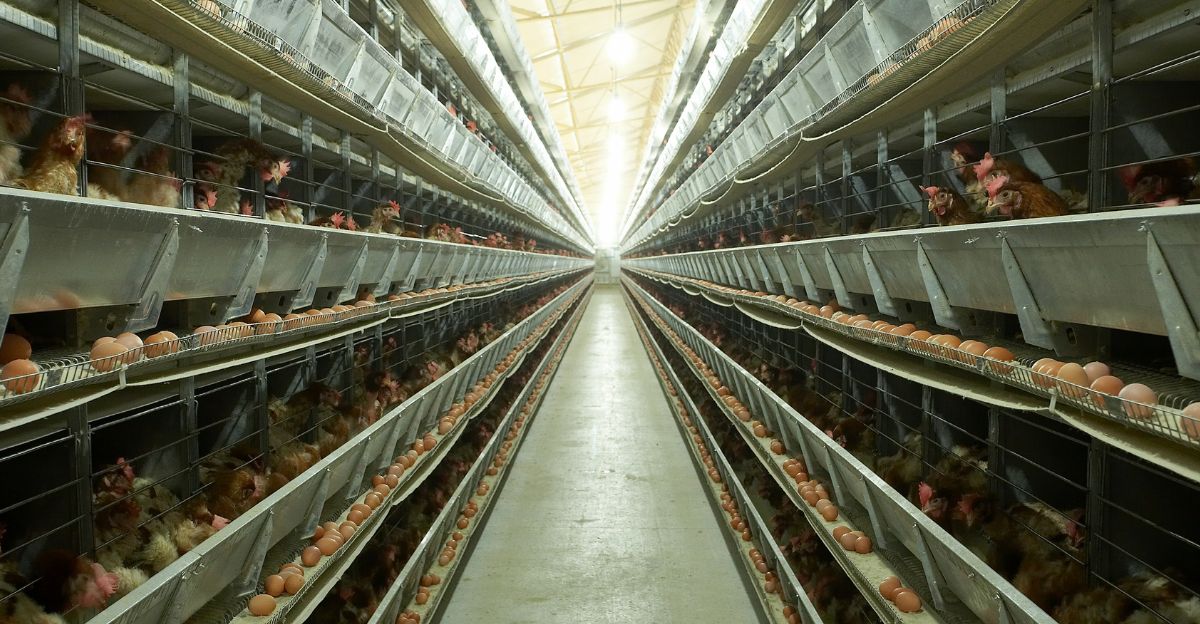
The unexpected loss of Hickman’s supply will have a significant effect on egg supply in Arizona and beyond. Arizona leans toward the top egg producers in America and contributes a significant portion of the egg supply nationally. The pricing of eggs in Arizona may start to go up as supply decreases.
To offset the diminished supplies, eggs may have to be imported from further away, leading to higher costs in supply chains and, ultimately, higher prices on eggs either way.
Bird Flu
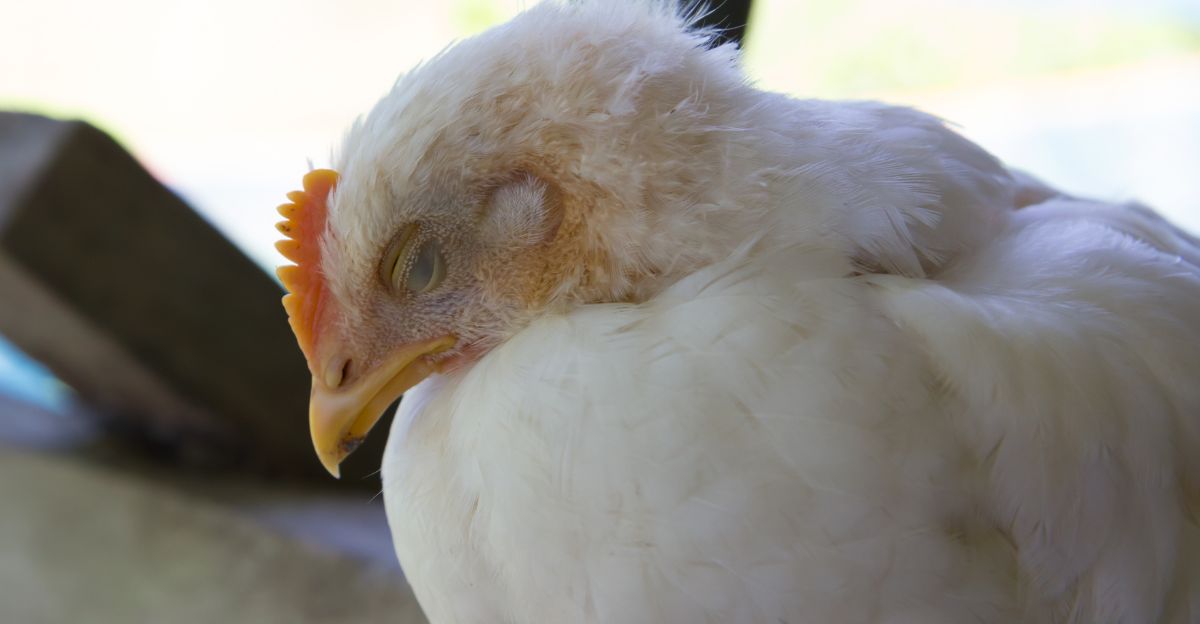
Bird Flu isn’t a new virus, but despite careful measures against it, it’s hard to contain among high populations of birds, including chickens used for producing eggs. Just one bird that tests positive for Avian Influenza means that the rest of the flock is presumed infected, too, and ultimately lost.
No matter how tight security and proactive precautions are, the nature of the virus and how it can be present in wild birds means that it is a logistical nightmare for farms. To make matters worse, infected birds can take up to two weeks to show symptoms, meaning that it could have already spread to a large portion of the population by the time it’s noticed.
Vaccination
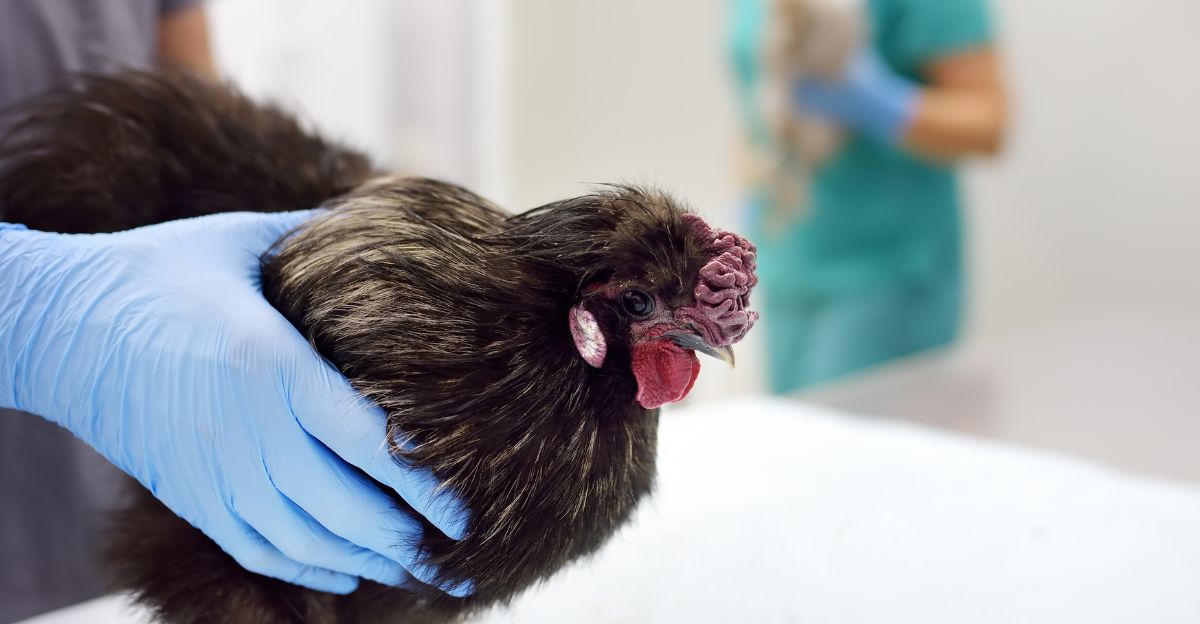
There is a new bird flu vaccine that was created by Zoetis, but had not reached commercial use yet despite being approved by the USDA earlier this year. This could be due to federal regulatory delays, which the company blames.
The hesitancy from government agencies in making the vaccine widespread is due to concerns about trade restrictions and challenges in monitoring vaccinated flocks. Other vaccines have also been canceled, with a contract between the government and Moderna to develop an mRNA bird flu vaccine halting in its tracks.
Global Consequences
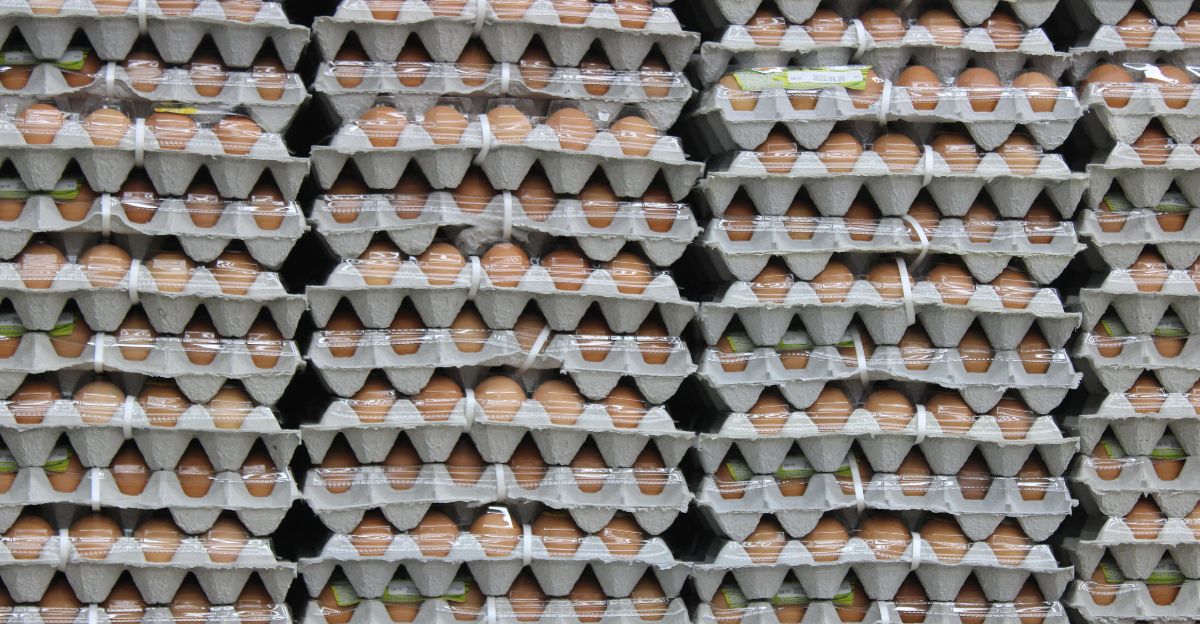
Hickman’s Family Farm’s loss of egg-producing hens may only be a drop in the ocean when it comes to national supply; there will be ripple effects as outbreaks become more widespread. This is becoming a trend, with the United States losing birds at a steady rate over the last eight years.
With each case of avian flu, entire farms are shut down, and egg supplies dwindle, increasing prices for consumers and having implications on food security. While the United States tries to be cautious about vaccinating its national bird population, other countries like France and China have gone ahead.
Limitations On Prevention
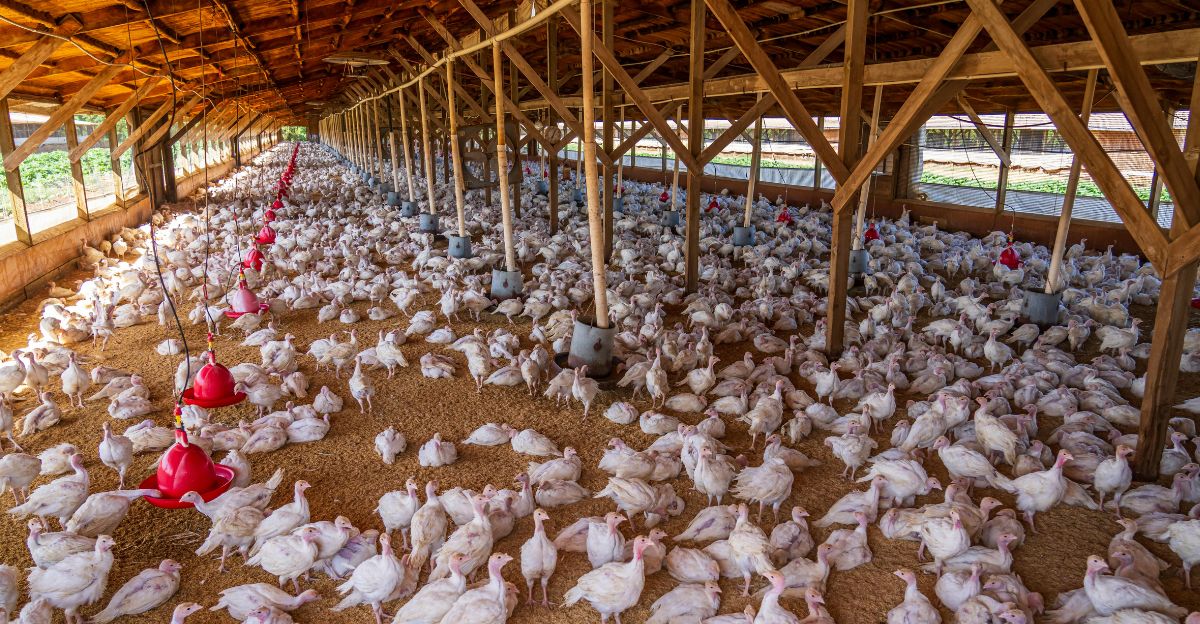
To minimize the chance of avian flu, Hickman’s has invested significantly in biosecurity on its farms. The staff has strict guidelines that they need to follow, including showering and changing clothes, as well as cleaning vehicles, and keeping wild birds away from the flock. All of these effects don’t seem to be enough, as farms are still being decimated by avian flu.
Barns that house flocks must be well-ventilated, which is a double-edged sword when bird flu is airborne by nature. Even the most proactive measures cannot guarantee that the flock will be free from infection.
Reactions From The Community
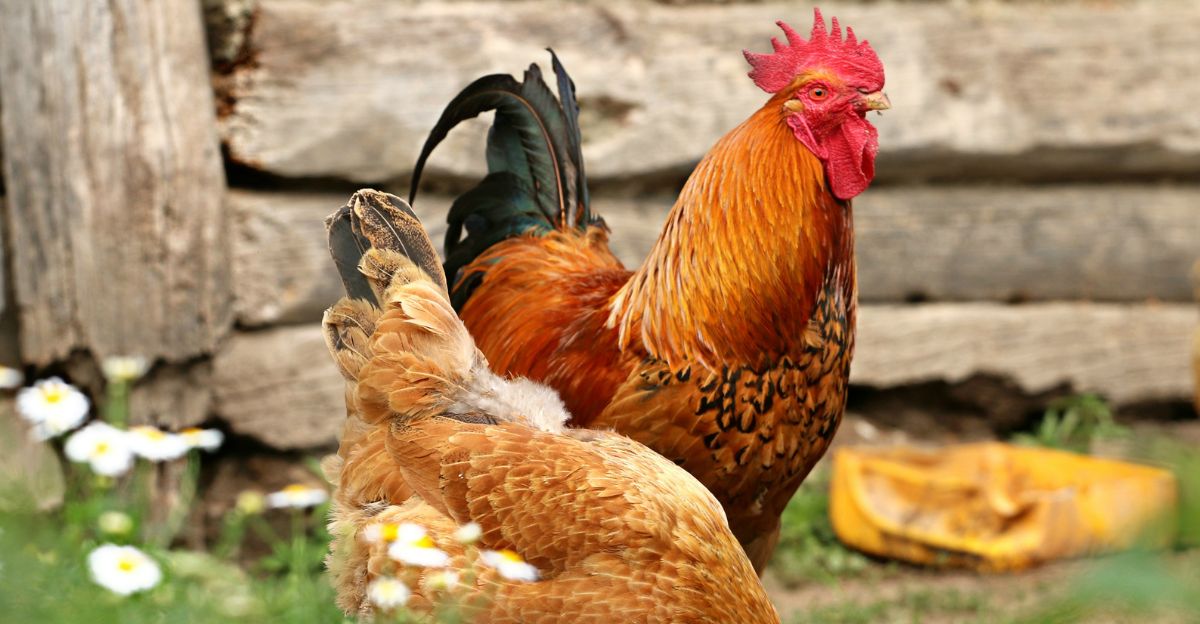
While animal rights activists may see the shutdown as a partial victory and have pleaded with Hickman’s to consider a more sustainable practice in egg production during the shutdown, local community members are the ones impacted the most and are concerned over potential layoffs and impacts on every job associated with egg production.
Others worry about the possibility of eggs from infected hens making it into stores, but with the safety measures in place, this is highly unlikely.
The Road Ahead
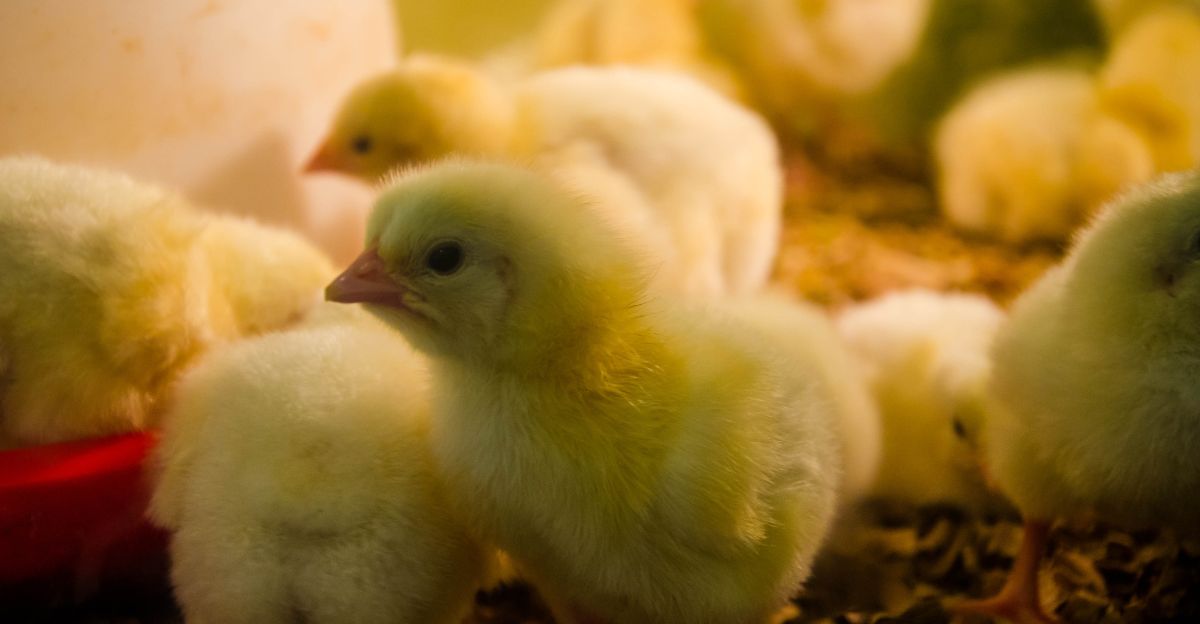
The road ahead for Hickman’s Family Farms is going to be a long one. The start of this journey is ordering new baby chicks from uninfected suppliers. These replacements won’t arrive overnight, causing even more delay in starting up the farms again.
The full recovery of the farms is expected to be about two years. In the meantime, Arizona may have to look to suppliers outside of its borders so that the demand for eggs can be met, but this could cause further inflation.
Discover more trending stories and Follow us to keep inspiration flowing to your feed!

Craving more home and lifestyle inspiration? Hit Follow to keep the creativity flowing, and let us know your thoughts in the comments below!
